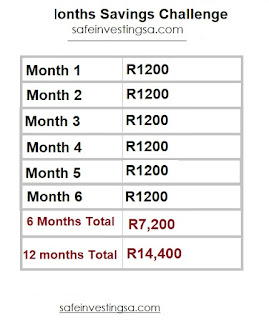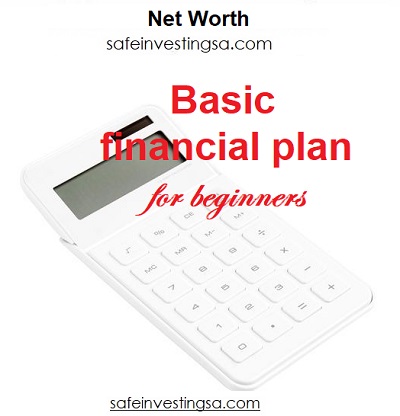Have you ever given yourself enough time to sit down and analyse your relationship with money? Yeah, neither have most of us. We just walk around pretending that our financial crisis is going to somehow sort itself out. We also get scared of being associated with the "love" of money. Because we may get labelled as "evil". To keep ourselves as saints we choose to lead a life of low productivity and high wastage. As if that makes us better citizens.
 |
| your relationship with money |
Oh well, let's be serious for a minute. The main challenge with the majority of human beings is lack of patience. The idea of getting satisfaction sooner rather than later is so much more attractive. This, in most cases is what leads to a lot of us being highly indebted. Wanting a great lifestyle is by all means not a bad thing. Wanting it too early and with money one does not have is the main cause of the debt crisis that we are faced with.
I will not waste any time on instant gratification. It is what it is. I have written and spoken about it until I was blue in the face. Everyone wants everything and they want it now. They want a nice executive car and a new closet that matches it. And they want it all, NOW. Instant gratification is what stands between most people and their ability to create wealth. This can certainly be rectified by the change in the mind set. Giving more value to long term goal versus the short term satisfaction. It is not easy but very doable.
Next to lack of patience is the negativity. Most people don’t believe that they can be better, wealthier, wiser, etc. We are ultimately what we believe. This reminds me of when I started my business last year. I got into it with faith that my business was going to get very big. I started behaving like I was running a huge business because I never doubted for a minute that, that is where I was herded. Thinking big commands respect. Whilst thinking small diverts one's focus from setting and working towards meaningful goals. When you believe that you can achieve, you just do. Try it.
The reason some people have the negative relationship with money is how they were raised. The only phrase they ever heard about money from their parents was negative.
"We don't have money"
"I am poor"
"Business is not for people like us"
Try and think of what your parents used to say about money. That could be where answers to your love hate relationship with money lie. When you do find the link between your own thoughts about wealth and your upbringing, fight that negativity every single day of your life.
I do not remember ever saying I do not have money to my kids. All I say is that, what they want is not in my budget, or that we have other priorities. My son was still attending preschool/ kindergarten when he asked "mama, what are priorities?" To this day, he knows that we prioritise, which is a more intelligent and positive message than not having money. Especially when you actually do have some.
Now that we have the negatives out of the way, let's look at how we can improve our relationship with money. Think about what will happen when you neglect anything in your life. It never grows, Right? That's exactly what happens when you neglect your financial affairs. Pay attention to where your money comes from and where it goes. One of the signs that you are not paying attention is that you find yourself having no idea what happened to the R1000 you withdrew. Red flag right there.
Paying attention to your money involves appropriate
personal finance planning, budgeting and/ or
tracking one's expenditure. Your financial health is as important as any other aspect of your life. As we should all know, a bad financial state has a potential to make one physically sick. Why then would someone only focus on their physical health and neglect their state of finances? That cannot make any sense at all.
Empowering yourself to know more about money should also be prioritised. Educate yourself, read, talk about money and learn from others. Learn from others' mistakes too.
Finally, draw a personal life road map. Know where you wish to be and how you plan to get there. I am reminded of a piece of reading that I recently came across. A guy who not only sets goals but frames and hangs them in his home office wall wrote about how that keeps him motivated. He is able to see his goals daily. I don't quite do that, but it seems to do wonders for the guy.
Goals should of course be challenging enough to push you where you are aiming to be. They should also be more specific and measurable. If you want to buy a house in two years, your goal should be to save XYZ amount for the down payment/ deposit, transfer and legal fees. You may even go further to break that amount to smaller deposits, like saving R2,600 per month over 12 months.
I hope you will join me and work towards improving your relationship with money daily. I am, as a matter of fact, aware that I am an impulsive spender. I need to check on myself often, otherwise I lose track. Everyone has a money weakness and needs to check on themselves often. Take a decision to be a better version of yourself. It is a lifetime commitment and a very worthy cause.



















